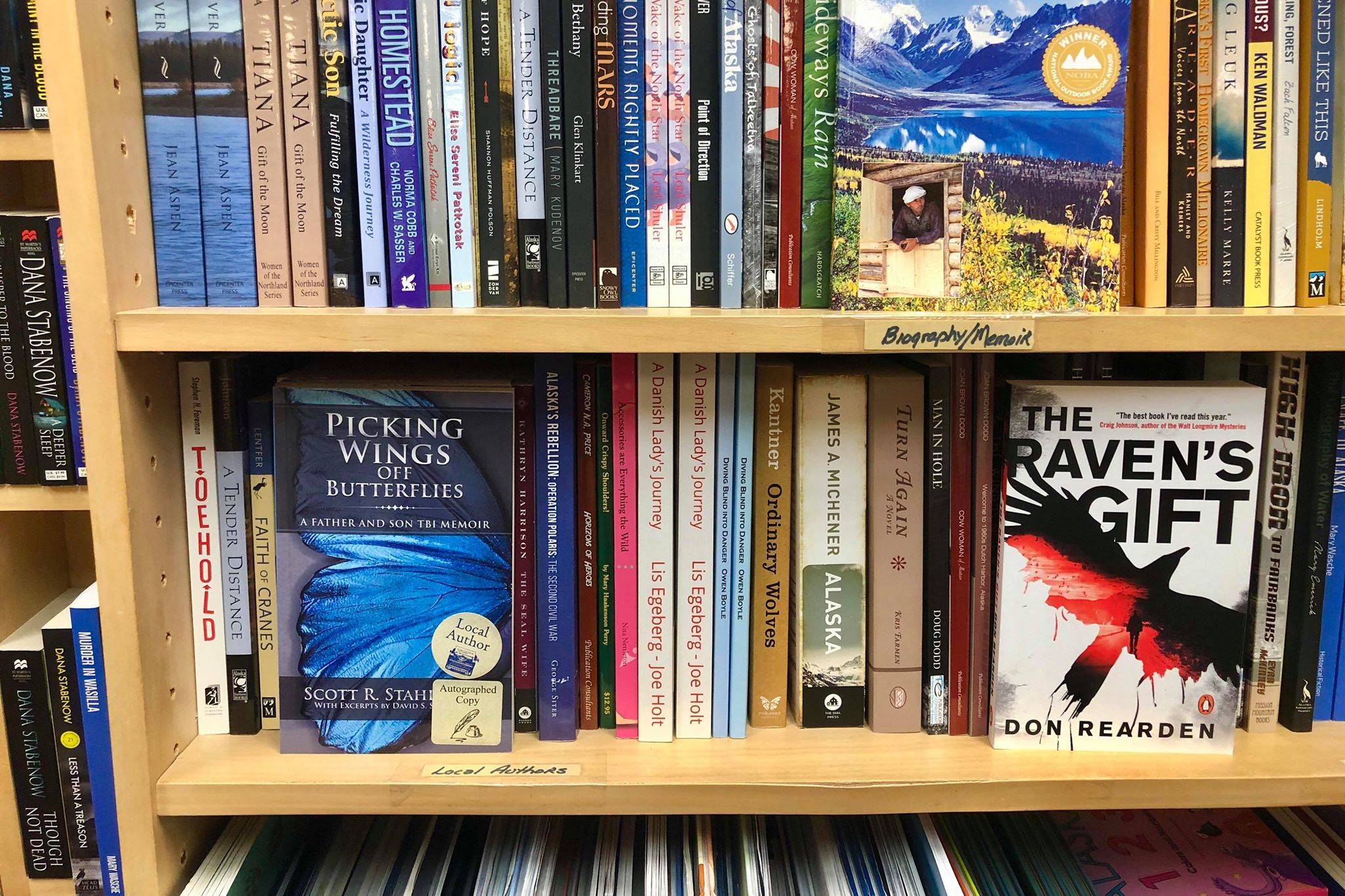When we hear the word library, many of us remember the library of our childhood — a silent space where children listen to stories and adults read books and newspapers. If we were fortunate enough to have a school librarian, he or she read us stories and helped us find books that would spark our interest. As we got older, the librarian might have helped us learn to use the dictionary, encyclopedia or other reference sources to answer questions and complete our school work.
Although today’s librarians still work to foster a love of reading in our students and help students find information, libraries are much more than just a book repository and librarians are much more than book managers. Today’s school librarians are responsible for empowering our students to not just find information but also evaluate it, use it and communicate their resulting knowledge. They do this in a world where students must sift not just through an encyclopedia but through a tumultuous and confusing array of information online, much of which is often misleading or incomplete.
Today’s school librarians are teachers who collaborate with classroom teachers to provide engaging, inquiry-based learning opportunities for students in all grade levels that enable learners to investigate questions of personal and curricular significance. Students use library maker spaces to create products that demonstrate their learning and help them engage in real world problem solving.
Unfortunately, our Alaskan school librarians are operating with Library/Information Literacy standards that were adopted in 1999. These standards, which guide school librarians in their instruction to students in K-12 schools, focus on how to find information and cite sources. Almost 20 years ago, these standards helped us assure that our students were able to engage in a basic level of research. Today, they are outdated and irrelevant.
Luckily, in 2017 the National School Library Standards were published by the American Association of School Librarians. These standards are exactly what our teachers and students need. The standards are composed of six shared foundations: inquire, include, collaborate, curate, explore and engage. These concepts cross all academic disciplines. Whether a student is engaging in history, science, math or art, they need to be able to inquire, include, collaborate, curate, explore and engage. When addressed by school librarians and other certified educators, the standards can help ensure that our students are prepared to become lifelong learners in career, college and/or the community.
Our school librarians are already doing so much more than our Alaska Library/Information Literacy Standard suggest. Let’s bring our standards into the 21st century, and help ensure our students are ready for it too.
• Deborah Rinio is the Secretary for the Alaska Association of School Librarians. She lives in Fairbanks.
• Deborah Rinio is the Secretary for the Alaska Association of School Librarians. She lives in Fairbanks. My Turns and Letters to the Editor represent the view of the author, not the view of the Juneau Empire.

